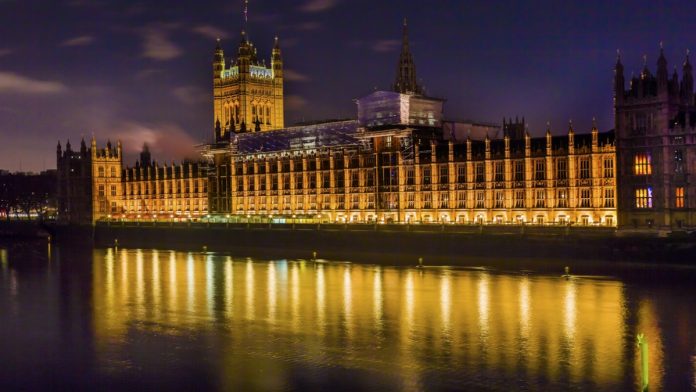The issue of affordability checks was brought before MPs in a parliamentary debate this week, and some key terms kept on appearing throughout the discussion late Monday afternoon.
Lasting two-and-a-half hours – equating rather neatly to the two-and-a-half year duration of the Gambling Act review – the debate saw the words ‘intrusive’ and ‘frictionless’ used repeatedly by legislators.
Responding to the first question from MPs, DCMS stated that it was committed to a “proportionate, frictionless system of financial risk checks, to protect those at risk of harm without over regulating”.
In the government’s vision, the first phase of finance risk checks will be ‘light touch’, conducted by the UK Gambling Commission (UKGC) on a data minimisation principle and using publicly available data.
Additionally, affordability background checks will rely on publicly available information such as credit reference data and negative indicators, including county court judgments or insolvency notices.
Open Banking was once again mentioned to a significant degree, with the department – which had been overseeing the Gambling Act review and subsequent consultations – detailing that enhanced checks will utilise the technology.
This is nothing new, with Open Banking having been outlined in the White Paper published in April last year as being key to the UKGC and DCMS plans for finance risk checks.
However, in its response during yesterday’s debate, DCMS explained that higher risk accounts ‘will have enhanced checks using Open Banking and other options’.
It is unclear what these ‘other options’ are, but this is an area fintech and payments firms may want to monitor. Given the prominence Open Banking has been given in the White Paper plans, there may be room for other financial technologies to play a role.
Throughout the review, as noted above, operators have repeatedly voiced concerns about how overly intrusive checks could drive customers away from the regulated industry.
These worries were raised by MPs at yesterday’s debate, including by legislators such as Conservative Philip Davies, a long-term advocate of the industry who has spoken repeatedly about affordability checks.
However, the government, along with other MP reform advocates, are confident in the assessment that only around 3% of customer accounts will be subject to even the most basic checks.
Carolyn Harris MP, Chair of the All Party Parliamentary Group on Gambling Related Harm (APPG GRH) and a longtime advocate of gambling law reform, stressed that not only will 3% of accounts be subject to just a frictionless check but only 0.3% will be subject to more enhanced measures.
Harris continued: “To be clear, the initial background checks of financial vulnerability would be frictionless, using publicly available information such as credit reference data alongside negative indicators such as county court judgments and insolvency checks.
“The enhanced checks would initially use Open Banking, with more intrusive checks only being triggered further down the line.”
This mention of ‘more intrusive checks’ may still be a cause of concern for the industry and related stakeholders, however, even if only a small number of accounts are affected.
It is these concerns that led to the topic being debated by MPs in the first place.
Back in November 2023, the British Horseracing Authority (BHA) and Jockey Club launched a petition calling for the measures to be reevaluated, which subsequently secured the 100,000 signatures necessary for parliamentary discussion.
Notable voices representing horse racing and fans of the sport were Conservative MPs Matt Hancock – former DCMS Secretary and Health Minister – and the aforementioned Davies.
Meanwhile, Ian Duncan Smith of the Conservatives, who like his counterpart in the Labour Party, Harris, is also a veteran gambling reformer, argued that “gambling companies are not that interested in the success or the future of horseracing per se, but just in how much money they can take out of it”.
Two main conclusions can be drawn from the parliamentary debate, the first of these being that MPs’ views on the matter remain as divergent as possible.
Secondly, the government’s vision of how checks will play out seems set, with Open Banking to continue playing a key role, but certain aspects – notably how ‘more intrusive’ checks and what other technologies may be used – are yet to be unveiled.























